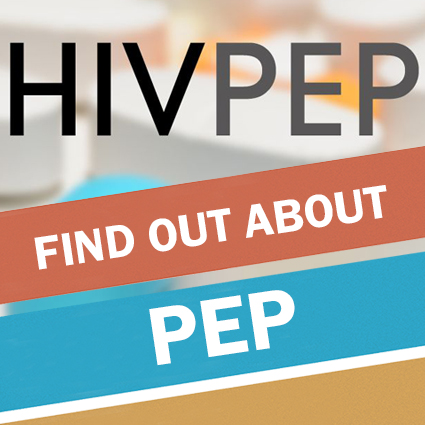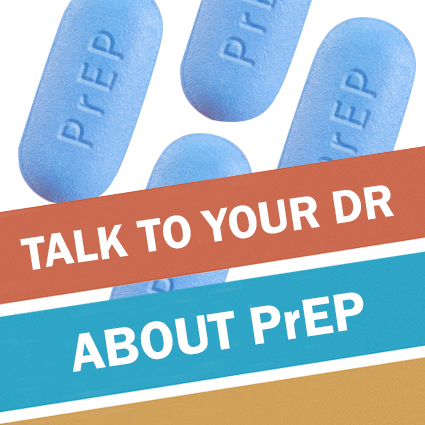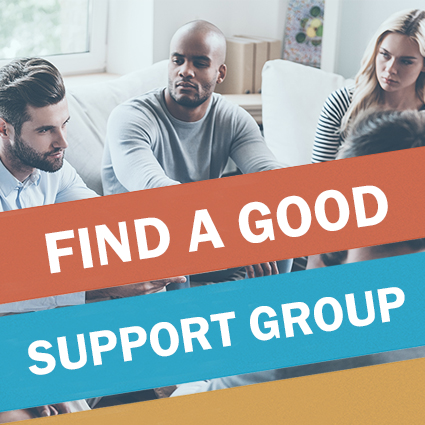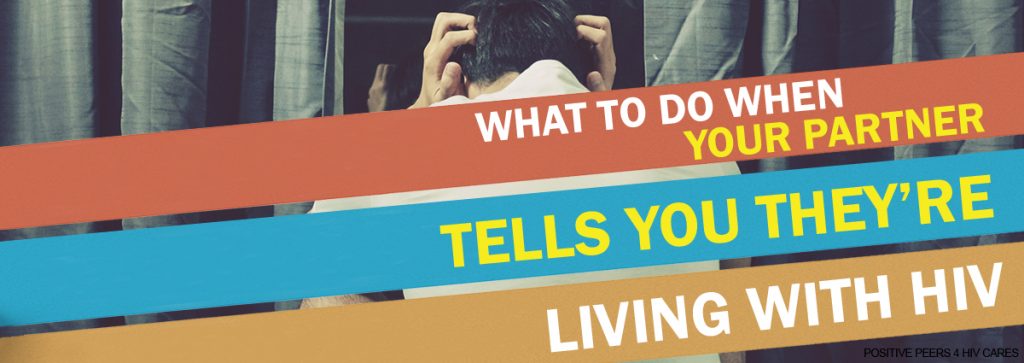
By: Jennifer McMillen Smith, LISW-S, HIV Social Worker at MetroHealth Medical Center and medically reviewed by Ann K. Avery, MD, Infectious Disease Physician at MetroHealth Medical Center
It’s never easy to learn your partner is living with HIV. You fear what’ll happen to them — but you also worry what’ll happen to you.
The first thing to remember is your partner had to have a lot of courage, trust, and care to tell you about their HIV status. There’s a strong urge to keep it bottled up and never tell anybody. Overcoming that urge says they respect and care for you enough to give you the facts.
The second thing to remember is fear and worry are natural responses to an HIV diagnosis. Unfortunately, they are not exactly helpful responses. The best thing you can do right now is stay calm and make up your mind to get educated about HIV.
For starters, congratulate yourself on finding this blog post. That means you’re already on the right track. We have dozens of articles about HIV here that can calm your mind and boost your confidence.
Here are some great places to start:
- HIV 101 — all of our posts on the basic facts about HIV
- Newly Diagnosed — advice for those starting on their path to HIV treatment
- Living with HIV — dealing with all the issues that happen when you’re living with HIV
An HIV diagnosis is not the end of the world for you, your partner, or your relationship. Sure, it can create some new challenges, but plenty of people have learned to overcome them. You can, too.
Try keeping these points in mind as you get educated about HIV:
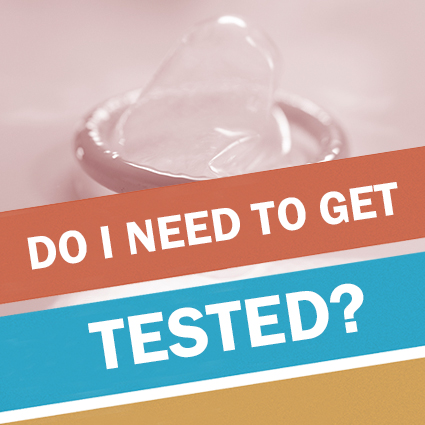
Do I need to get tested?
It’s a good idea. If you and your partner have not been sexually active or sharing needles, then there’s no chance you’ve been infected by them, but you could have been exposed previously. If you’ve been using protection like condoms, there’s also less risk of being infected. Even so, the standard advice is for anyone who is sexually active to get tested a few times a year. Learn more: Why should I get tested for HIV?
Find out about PEP
PEP, or Post-Exposure Prophylaxis, is an HIV-fighting treatment for people who have been exposed very recently to HIV. It’s a drug therapy designed to significantly reduce your chance of becoming infected. Think of it as the “Plan B” for HIV.
The challenge with PEP is that you must take it within 72 hours of exposure to the virus for it to be effective (and it’s even better to take it within 36 hours). If you and your partner have been sexually active further out than the 72-hour window, then PEP is not for you. Learn more: I’m worried I was exposed to HIV — What should I do?
Come join our private, stigma-free, supportive community.
Health management tools with medication & appointment reminders.
Social networking in a community conversation & private chats.
Learn more about the virus
Start learning about HIV and what it means to you. A lot of people don’t understand HIV or how it’s transmitted. Learn more: Common myths about HIV and AIDS
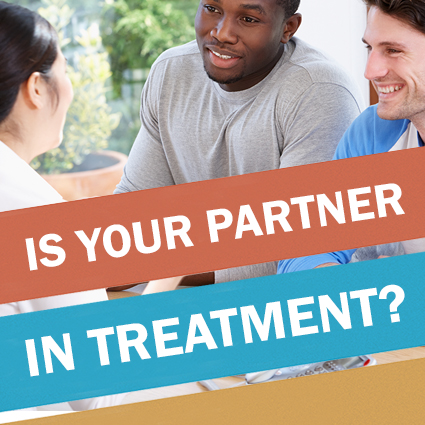
Is your partner already in treatment?
If your partner has been taking their HIV med(s) and has had an undetectable viral load for at least 6 straight months, your chances of becoming infected are effectively zero. What’s a viral load? Learn more: Undetectable = Untransmittable
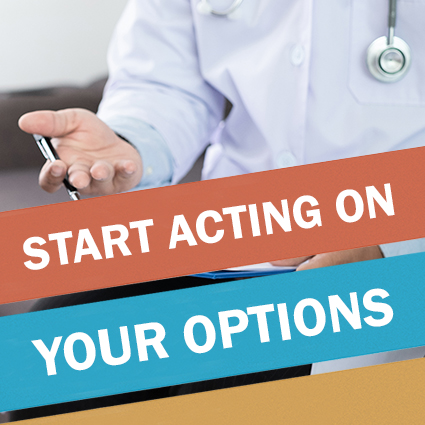
Find out your options, and start acting on them
Here’s where the education really kicks in. You have to get more of the facts about HIV before you can choose the right way forward. Don’t worry, doctors, nurses, and other people in the medical world will help you through it.
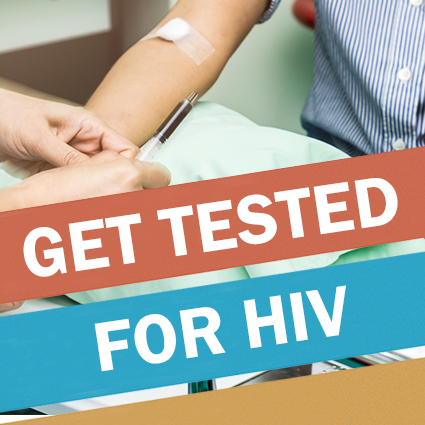
Get tested.
Yes, there’s an echo in here: Go ahead and get tested. It’s better to know your HIV status than to stay in the dark about it (and accidentally pass the virus to somebody else). Learn more: I’m ready to get tested for HIV. Now where do I go?
Talk to your doctor about PrEP.
If you tested negative for HIV, then PrEP may be an option for you. Like PEP, it prevents HIV from infecting you. But where PEP is basically the “Plan B” for HIV, and is taken very soon after you may have been exposed, PrEP is like the “birth control” for HIV, and is taken before exposure. That’s why it’s called Pre-Exposure Prophylaxis – you take it before you may be exposed and it’s up to 99% effective. You take one med (called Truvada), once a day, seven days a week to protect yourself from future infection. Learn more: What is PrEP?
Find a support group.
You don’t have to go at this by yourself. You deserve better than to go through all this alone. Regardless of the result of your HIV test, there are support groups full of people dealing with the same questions, fears, anxieties, and everything else you’re going through. They probably have some experience and tips they can offer you too. Learn more: What happens in a HIV support group?
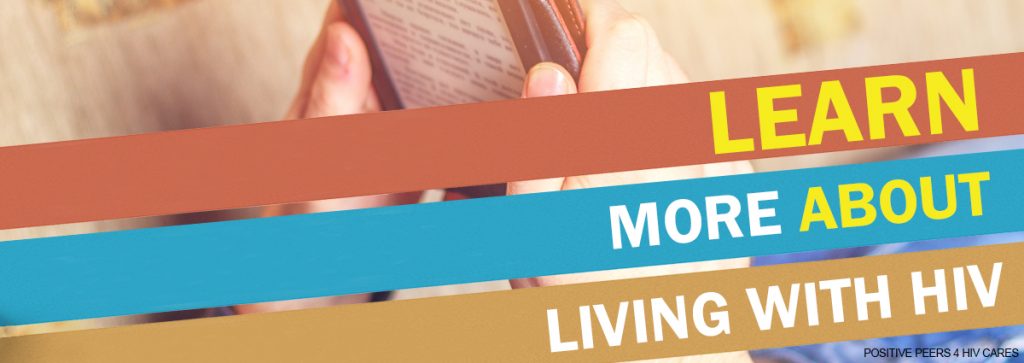
Learn more about living with HIV
No matter your status, if you have a partner living with HIV it’s a good idea to learn more about what it’s like to live with the virus. We’ve written dozens of blogs about living with HIV here at Positive Peers. These are some of the posts we’ve done lately:
- How a positive mindset can change your life when you’re living with HIV
- What you need to know about aging with HIV
- 7 ways to practice self-care
- Why it’s important to have mentors
- Tips for moving forward when you’re overwhelmed
- Dealing with sex anxiety
Find plenty of article links about living daily life at our Living with HIV archive. You’ll feel much more confident with all this knowledge.
Encourage your partner
You don’t have to be a nag about it, but it’s a sweet gesture to encourage and support your partner to stay in care.
Staying with it is the hard part: HIV meds have to be taken every day and there are periodic doctor visits and labs. In theory, it should not be a big deal to take a pill each day and see your doctor twice a year. But the reality is — it can be a challenge when you’re trying to balance work, bills, friends, family, and the list goes on. Learn more: How pillboxes help you remember to take your HIV medication
Become a pillar of support
HIV treatments get better all the time. New medicines reduce side effects or remove them altogether. Still, living with HIV can mean dealing with things like depression, anxiety, stigma, and family reactions, to name a few. Helping your partner make it through these challenges can strengthen your relationship and deepen your bond. It also can make you a better person.
Make plans for your future together as a couple. Remind your partner they’re a beautiful soul and that you two have so much to look forward to.
Don't let your partner’s status ruin a good thing
The question for couples is how to treat each other after one of them gets HIV. There may be feelings of distrust and betrayal, even though they could have already had the virus for years. Or there may be a strong urge to stay together and get through it, no matter what.
Whatever you do decide, when you learn your partner is living with HIV we encourage you to approach it from a position of love and respect over fear and worry.
HIV is just a virus. We know how to treat it. There’s no need to let it stand in the way of your happiness.
Related Blogs:
Positive Peers is made possible through a U.S. Department of Health and Human Services Health Resources and Services Administration, HIV/AIDS Bureau Special Projects of National Significance (SPNS) Grant to The MetroHealth System. Click here for more information about the SPNS grant initiative.
Positive Peers is a private app for young people living with HIV. Learn how you can earn rewards for your participation.
